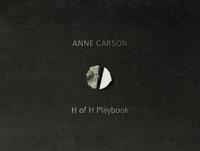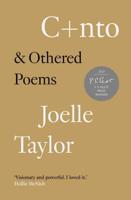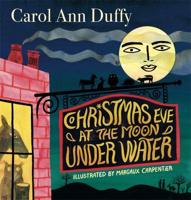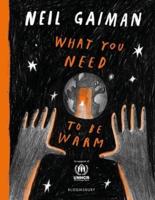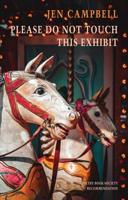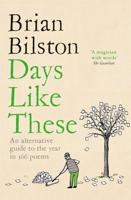Publisher's Synopsis
As the prose poems narrate a rich daily life, the ghazals, pantoums and ancient song-verse fill the ear with mesmerizing incantation. The prose and verse work together with fluid integrity. Food and family come alive in the prose poems. "Traditions die hard," Elizabeth writes, "The gas stove spewing a light aroma of coconut milk and black pepper...The grinding stone sat merrily on its own bottom... Instant Thosai smirked away on a table." To the American ear, some of her descriptions may sound effusive. But one can see an Asian, poly-vocal, multilingual, multicultural mind at work. The diction is spectacular and personal to Elizabeth's tribe, class and Malay-inflected English elocution. The rhythms are melodious but noticeably "different" from the usual iambic line. I never tire of Elizabeth's Asian "food tropes." The Catholicism does feel like a strange transplantation, but I believe that it is well-integrated with the themes of family and changing traditions in an increasingly globalized society. Strange and exciting juxtapositions and surprising fusions permeate the work. In her best pieces, form and content vibrate with interesting conflict: "Maria, Maria" is chanted in a Persian ghazal; a Christmas tree is a refrain in a Malaysian pantoum. . . Elizabeth has an "authentic" voice with rich and necessary stories to tell. Marilyn Chin, Professor . San Diego State University


